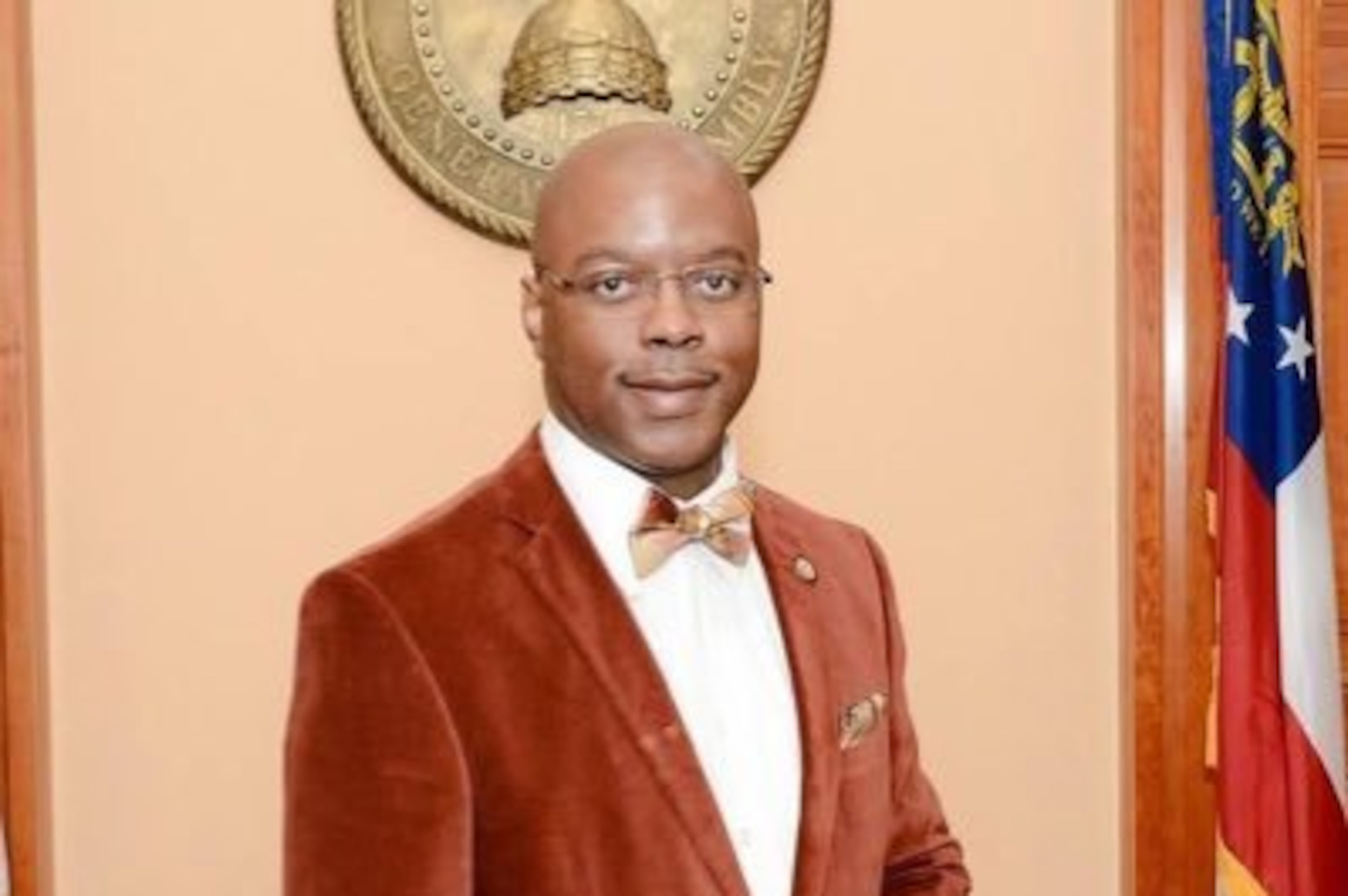Trump-Raffensperger call was just one stunning event that day
In December, The Atlanta Journal-Constitution published a detailed account of efforts by then-President Donald Trump and some Georgia Republicans to overturn Joe Biden’s victory. Here’s an excerpt from that account, focusing on efforts to pressure then-Vice President Mike Pence to participate in the scheme. The efforts to pressure Pence are the focus of a congressional hearing today. You can read the full AJC account of events in Georgia here.
Jan. 2, 2021, may long be remembered as the day Donald Trump asked Secretary of State Brad Raffensperger to find the 11,780 votes he needed to beat Democrat Joe Biden in Georgia. That phone call prompted a criminal investigation that some legal observers say puts Trump at “substantial risk of possible state charges.”
But, in retrospect, the Raffensperger call was just one of several stunning developments that day. In Georgia and in Washington, Trump’s campaign to overturn the election was taking dramatic turns.
Trump was trying to enlist a new ally for his last-ditch effort: Vice President Mike Pence. The legal rationale came from John Eastman, the law professor who had told Georgia lawmakers in December that they could ignore the official results and decide the presidential election themselves.
In memos that circulated beginning Jan. 2, Eastman now argued Pence could refuse to accept presidential electors from Georgia and other states that Biden won while presiding over Congress’ official ballot counting on Jan. 6. Then, through various procedural maneuvers, Trump could win reelection.
His argument hinged on the dubious claim that seven states had submitted “dual slates” of presidential electors to Congress — including the slate Georgia Republicans approved in secret on Dec. 14 without any legal authority.
When they became public months later, Eastman’s memos drew bipartisan condemnation. Critics said federal law does not allow the vice president to reject electoral votes. A complaint filed against Eastman in California said the memos “sought to justify a brazen power play by Mr. Trump.”
Brazen or not, many Republicans across the country joined the effort to pressure Pence.
On Jan. 2, some Georgia legislators prepared a letter urging Pence to delay the tally of Electoral College votes for 12 days “for further investigation of fraud, irregularities and misconduct” in the November election. Legislators from four other states that Biden won wrote similar letters.
Among the 16 Georgia legislators who signed the letter were state Sens. Brandon Beach, Greg Dolezal, Burt Jones and William Ligon, who had spent weeks calling for the General Assembly to intervene on Trump’s behalf. The letter appeared on Ligon’s Senate stationery. Jones planned to deliver it to the vice president personally a few days later.
The campaign to aid Trump took other forms on Jan. 2.
Related AJC coverage about Jan. 6 and the 2020 election
The officer who shared chilling memories at Jan. 6 hearing is a Georgia native
‘Stop the steal’ gets personal
Explainer: Hundreds charged with crimes in Capitol attack
Timeline: Campaign to undermine the Georgia 2020 election
AJC Special Report: Inside the campaign to undermine Georgia’s election
Atlanta Breakdown Podcast: The Trump Grand Jury’ Ep. 1: The Jan. 2 phone call
New details show Georgia Republicans’ actions on and before Jan. 6. attack
At the Justice Department, Jeffrey Clark again pressed his superiors to urge Georgia officials to convene a special legislative session. And Clark dropped a bombshell: Trump had offered to make him acting attorney general, replacing Jeffrey Rosen. But Clark said he might turn down the promotion if Rosen agreed to send his Georgia letter.
Rosen and acting Deputy Attorney General Richard Donoghue refused to send the letter, according to a Senate investigation report. That set up a showdown the next day in Trump’s office.
Then there was Trump’s Jan. 2 call to Raffensperger.
Sitting at his kitchen counter, Raffensperger listened while Trump said that not reporting voting fraud would be a “a criminal offense.” He said Raffensperger and Ryan Germany, general counsel for the secretary of state’s office, were at a “big risk.”
Raffensperger took it as a threat.
“President Trump is using what he believes is the power of his position to threaten Ryan and me with prosecution if we don’t do what he tells us to do,” he wrote in his recent book. “It was nothing but an attempt at manipulation.”
Related AJC coverage about Jan. 6 and the 2020 election
The officer who shared chilling memories at Jan. 6 hearing is a Georgia native
‘Stop the steal’ gets personal
Explainer: Hundreds charged with crimes in Capitol attack
Timeline: Campaign to undermine the Georgia 2020 election
AJC Special Report: Inside the campaign to undermine Georgia’s election
Atlanta Breakdown Podcast: The Trump Grand Jury’ Ep. 1: The Jan. 2 phone call
New details show Georgia Republicans’ actions on and before Jan. 6. attack




